Youth is coming forward: Why can foreign U25 riders quickly "make a name"?
5:56pm, 17 September 2025Football
Why can more and more young riders quickly emerge in the international arena? The young riders of the U25 are no longer just reserve forces, and the idea that "young can be competent for high-intensity events" has become a reality. Behind the "upper channel" of young riders is the beginning of being seen, the maturity of the international equestrian system and the optimization of the horse house training model. The U25 competition system provides young riders with a stable competitive stage, allowing them to accumulate experience in formal competitions; top horse houses and various teams use echelon management to incorporate new players into rotation and actual combat, allowing them to grow rapidly in high-level horses and schedules. In addition, the young rider himself has also made efforts. The three overlaps of systems, resources and personal efforts create the possibility of them "showing their faces early".
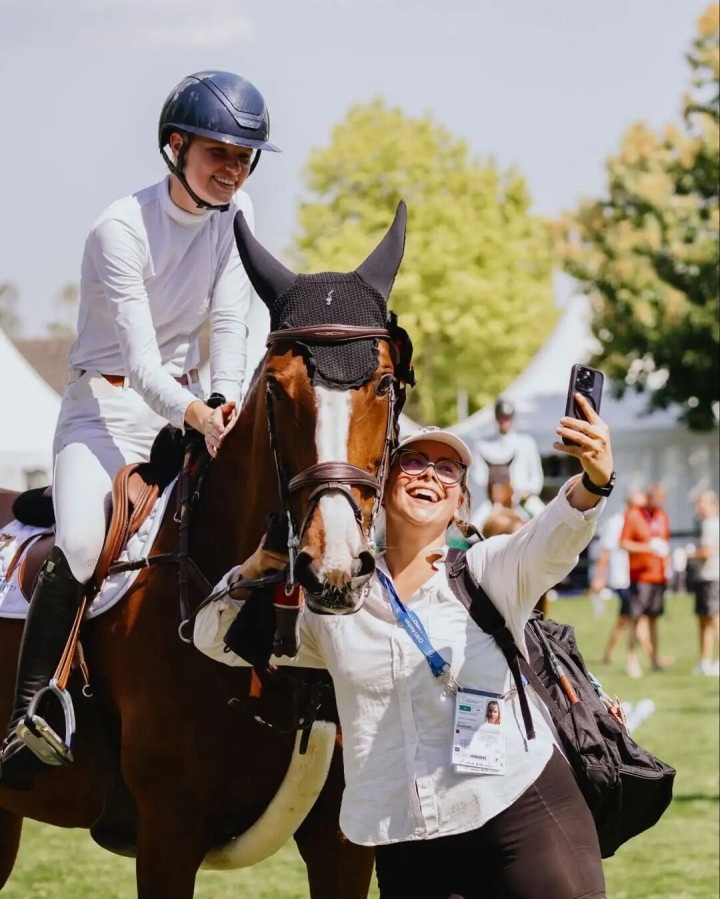
chart sketch: Sample portrait of young riders
Nina Mallevaey (France)
The right person + the right horse
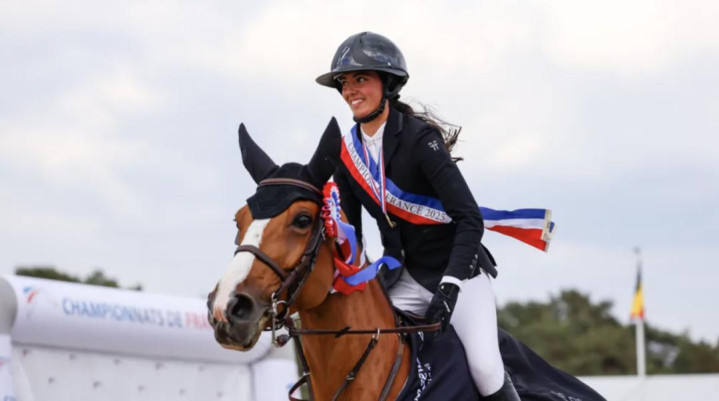
From a girl riding a Shetland pony in the backyard to becoming the top ten female riders in the world at the age of 25, Nina Malvi has ranked No. 1 in the world for five consecutive months. "If someone told me at the age of 14 that I would have come to this day, I wouldn't believe it," Nina recalled. Nina Malvi summarizes the keys of his career into two aspects: meeting the right horse and the right people.
Currently, Nina Malvi has first-tier horses such as "Nikka", "Dynastie", and "My Clementine". She emphasized that the relationship with horses is not only reflected in the competition, but also in the details of daily interactions. Those seemingly ordinary links form the basis of trust. For Nina, a good leader is a beacon in the fog for young riders. The right coaches and teams are very important, not only to provide technical and training support to young riders, but also to provide solutions and spiritual help at critical moments.
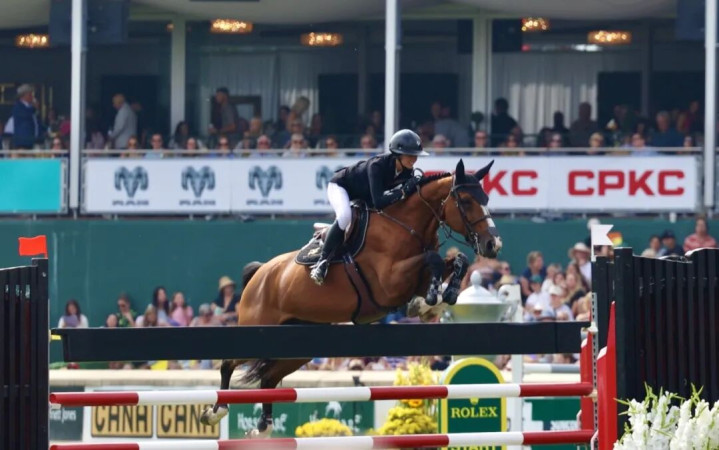
Emilie Conter (Belgium)
The "long-termism" of competitive horse houses
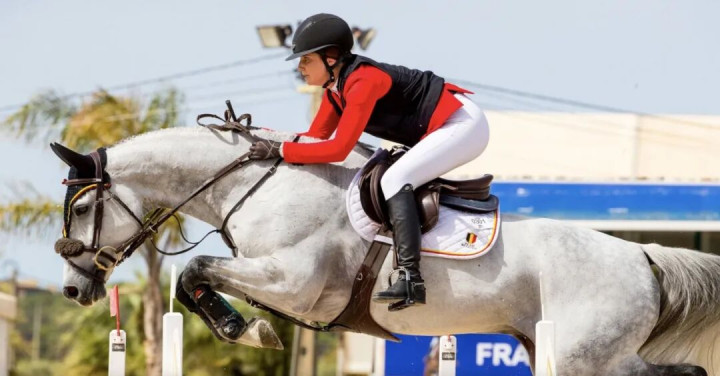
24-year-old Emilie Conter grew up in the famous Stephen Stables system in Belgium. Her father, Stephan Conter, is the founder of Stefan Stables. In such a complete horse house environment, Emily received systematic training since childhood and developed a solid foundation. In 2025, he won the 5-star Grand Prix at the Winter Equestrian Festival.
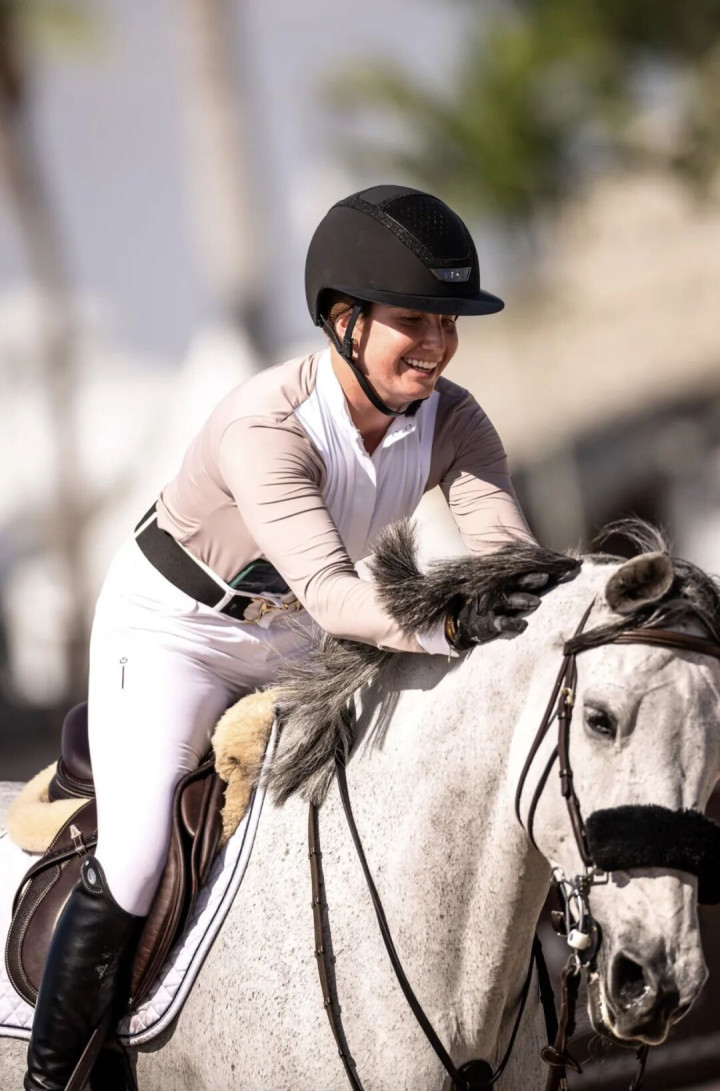
Emily challenged top riders on the Global Tour, constantly honing her confidence and skills in competitions and training, and she said the coach gave her a lot of confidence. While riding a horse, she participated in the operation of the family horse house, both as an athlete and a businessman. Emilie's experience reflects the strategy of "long-term cultivation" of Malaysian houses: steadily cultivate horses, hone their skills, and finally usher in their own moment.
Carlos Hank Guerreiro
Carlos Hank Guerreiro (Mexico)
Compound effect of resources and experience
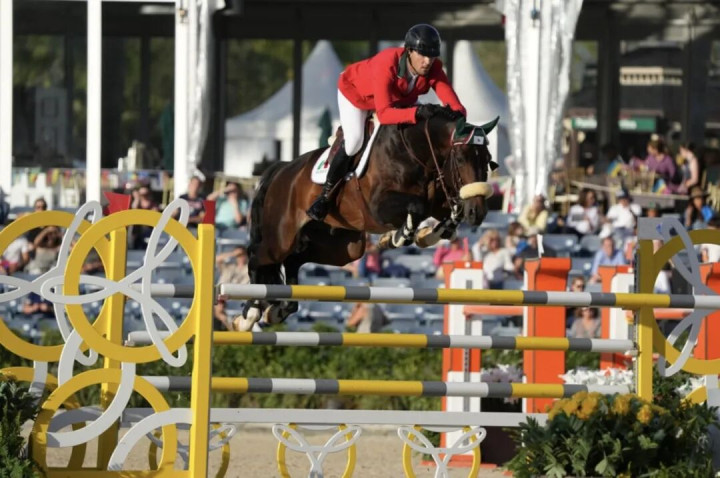
24-year-old Carlos Hank Guerreiro comes from a family of equestrians in Mexico. He went to California, USA to study at the age of 10. Carlos has shown his strength in the international arena since then: he won the North American Youth Championship in 2016, won the Wellington International Palm Beach U25 Grand Prix in 2018, and ranked among the top ten in five-star events in Brussels and Calgary in 2019. Become one of the representative riders of the Mexico Olympics in 2024. The
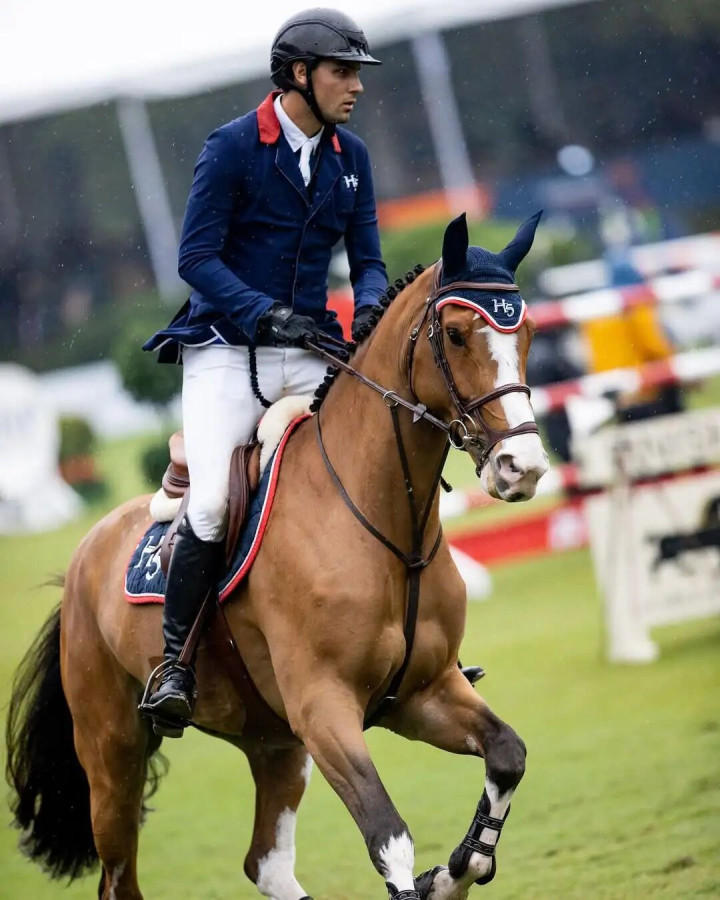
family resources allow Carlos to compete in major top leagues and quickly accumulate experience. His path shows another acceleration formula: Family and resources provide him with a game experience that allows him to experience in top events at the beginning of the game. This strategy of "putting people on the big stage first" is fast, but it also requires patience and horse management skills.
Multi-dimensional analysis: What is the success formula? In terms of the system, FEI and other countries have successively improved the U25 and youth competition systems, providing young riders with clear growth paths and ranking mechanisms. At the Paris Olympics, the media pointed out: "We are seeing more and more U25 and even younger riders being included in the national team." FEI U25 World Championships and official ranking system allow national teams and horse owners to quantitatively inspect young riders, discover and invest in time. In terms of resources, the support of first-class horse houses, owners and sponsors pave the way for young people. Top horse houses are increasingly bringing newcomers into the echelon, providing horses, logistics and practical opportunities. At the family level, riders often get a lot of investment from parents and teams. Stable horses and adequate funding resources have greatly accelerated the growth of young riders. In terms of personal efforts, riders are dedicated to professionalism and emotional investment. The rider's language ability, psychological quality, physical training, and long-term patience with the horse determine whether he can be competent for high-intensity events.
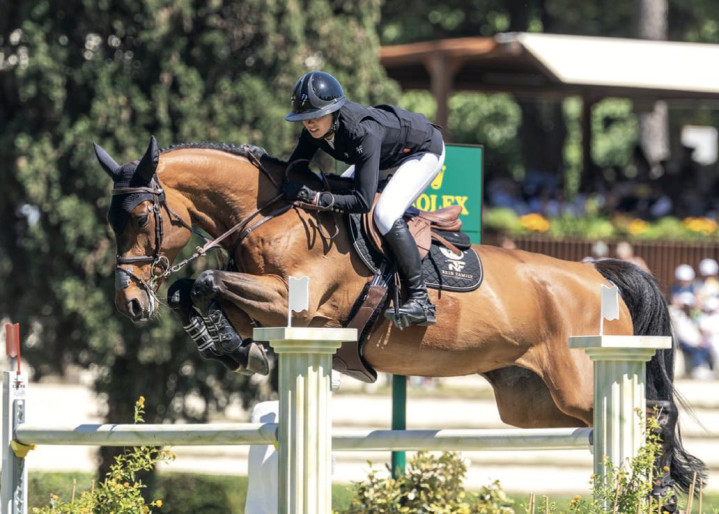
Talents and short-term achievements are of course valuable, but what determines long-term competitiveness is systems, resources and individuals. Young riders must not only be able to play, but also perform steadily in different environments. While gaining international experience, we must also establish a growth ladder that is compatible with reality in the country. How to get young Chinese riders to take their own path is a topic that needs to be considered at the moment.
source:7m cnvnRelated Posts
- Real Madrid will play against Juventus in the knockout stage, and it will take four difficulties to win the championship
- Miami International defeated Paris Saint-Germain. How good is Riyadh Crescent in front of Manchester City?
- World Cup qualifiers: 1-0, 33-year-old Bournemouth wins, Wales tops + 6 points off Belgium
- Beckham is 50 years old! Victoria celebrates her birthday: My soul mate, lifelong dance partner, love you
- Halftime - Real Madrid temporarily 2-0 Salzburg Red Bull Vinicius passes Valverde scores
- British media: Tottenham bids 40 million pounds to buy Elliott! The Red Army is willing to sell but asks for additional purchases
- The current situation of 40-year-old Ronaldo! Georgina s high-profile marriage proposal, his beautiful wife s figure has become a highlight
- 62 million! Barcelona don’t hesitate, does Nicoga Yamal have no good taste, does it mean to Dias?
- Mbappe passes and shoots, surpassing Henry to enjoy the second place in history! France reverses Iceland 2-1 and becomes the first in the top group
